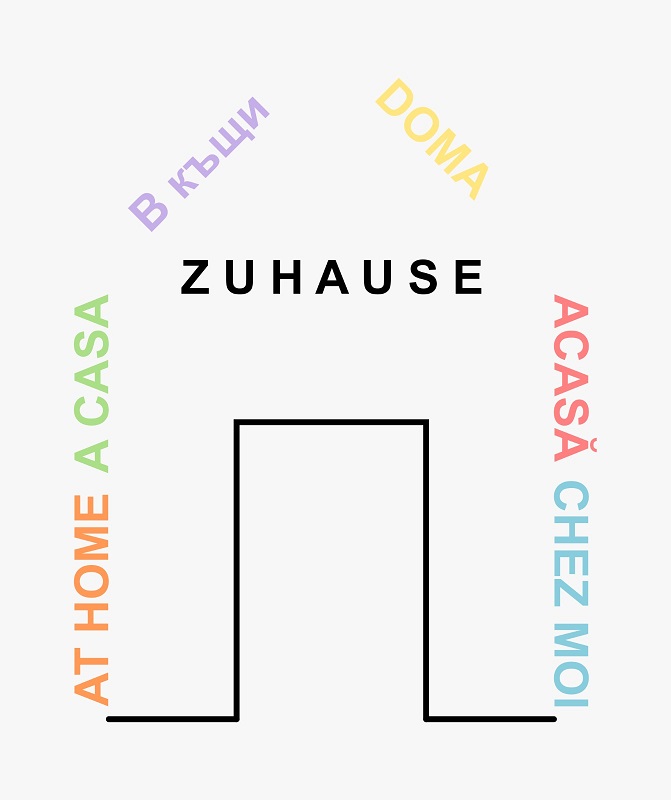Many people assume that being multilingual has only bright sides, especially if someone speaks one of the languages they’ve been trying to learn for ages. And in that specific context, they might be right: the one speaking a language “naturally”, without searching for words or asking themselves if the structure is correct, might at that moment feel good about speaking that language. But that’s not the whole story.
Languages convey cultures
Conventional wisdom has it that language is related to culture, particularly if you learn it at an early age. If your parents talk to you in a different language from the one spoken in the region/country you live in, they unconsciously convey a certain sense of otherness; this aspect normally extends to other aspects of life and influences the way they are perceived.
Some might enjoy talking in a different way and having another code while others might just want not to be different, depending on their personality and on the social prestige of the language they speak.
Whatever the case, when you speak another language, especially as a means of communication in everyday life, you will adopt another culture as well. It does make a difference whether your mom tells you “du siehst heute müde aus” or “dai non fare il monello che viene la polizia” or “stai ma la un loc” or “is somebody tired today?”. They all convey culturally different meanings, even if they are semantically similar.
“Are you more X or Y?”
Sometimes, people will ask you which culture you really belong to, and no matter how unimportant or obvious the answer might be to you, you are still going to wonder why you have been asked that question. For many people the answer might be obvious: a “mixed culture”; others may not be aware of having one, or be proud of having a mixed one, but it’s still going to be a special cultural identity.
Me
I don’t feel like I have a mother tongue anymore: each one of my languages has “missing parts” or “non-native speaker fields of vocabulary”. I have no answer to the question “Are you more German/Italian/Romanian?”. I was relieved when I managed to speak German well enough to not be asked where I was from anymore. My children are learning German as their first language and the other languages I speak as a sort of foreign language. I don’t know if that was the right choice. I do know, however, that this was the best way for me to simplify the cultural issue.
Conclusion: where will your children be “at home”?
There are, of course, many cognitive advantages in learning different languages at an early age, and everybody should be aware of that. However, there are disadvantages to being multilingual as well: sometimes it means having to decide where you want to belong – and where you want your children to feel at home.
Author: Ana Maria Silberhorn

